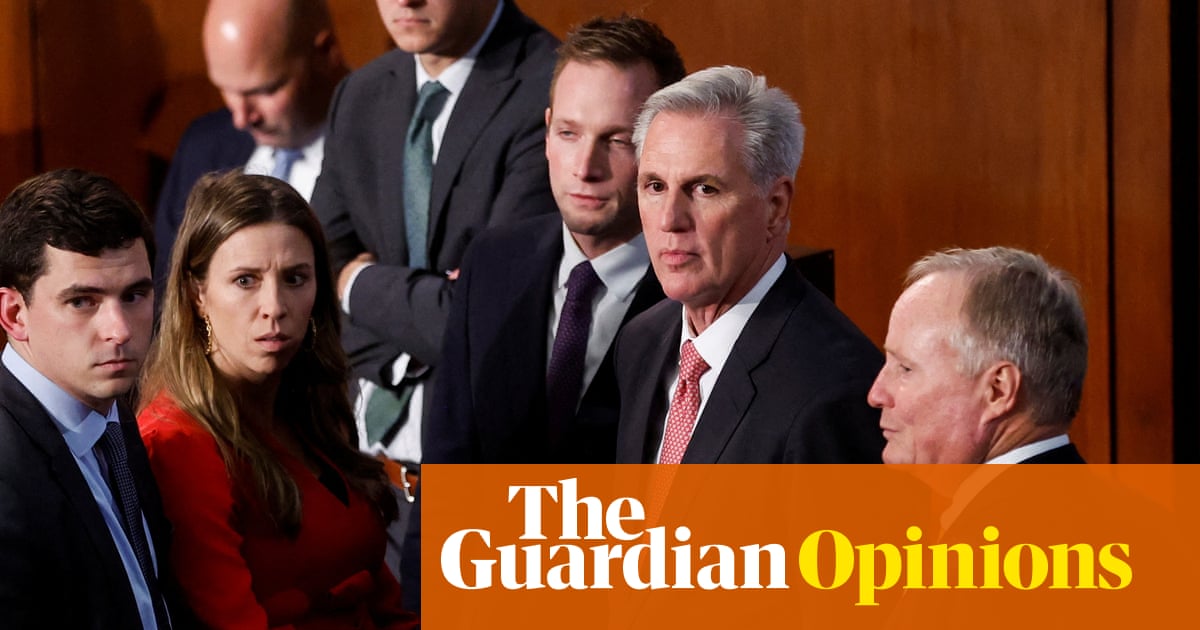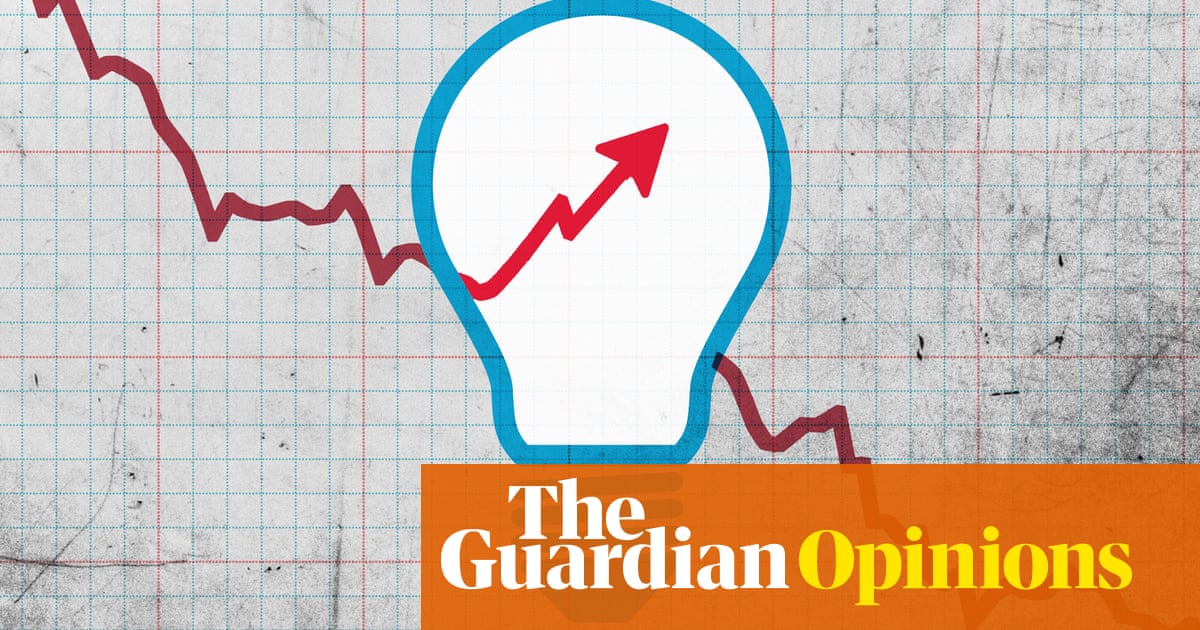
ver the four feverish years since the Brexit vote and Donald Trump’s election, we have got used to thinking of populism as a movement whose time has come. Its loudmouth leaders, constant rule-breaking and seductive promises of national renewal have dominated democratic life in much of the world.
Many people who find populism appalling have also been fascinated, sometimes mesmerised. After the relatively predictable and cautious politics of the 90s and 00s, populism has provided electoral shocks, colourful ideologues, risk-taking governments – and also a potent sense of novelty.
Surges of populism have happened before, but often so long ago – in 1930s America, in 1950s France – that until recently the phenomenon had been largely forgotten. So the 21st-century version has been able to present itself as fresh and radical. And many voters and journalists, jaded by decades of stodgier politics, have been taken in. Populism has been the indulged young rebel of the political world.
But that phase in its life cycle may be coming to an end. After four years of President Trump, and four years of trying to get Brexit done, populism is entering a trickier political stage: middle age.
All political movements age if they make it into power, scarred by inevitable failures and worn down by increased public exposure. But populism ages faster than most. Its huge pledges to voters tend to invite disillusionment: at his inauguration, Trump said he would get America “winning like never before”.
And its governing style is manic and exhausting. After only 15 months in Downing Street, Dominic Cummings already seems to be trying to transform most of the British state, and to be at war with large parts of it.
Having claimed to represent the people against the elite, populism also loses some of its credibility and vitality when populist premiers create their own versions of the establishment. The always-centralising, often complacent governments led by Trump and Boris Johnson look ever less like insurgencies and more like circles of cronies. They’ve made populism feel less novel and iconoclastic by pursuing traditional rightwing policies, such as outsourcing state functions to corporations and cutting taxes for the rich.
Populism’s ageing in office has been accelerated by the pandemic, too. Usually a broad-brush politics that plays on voters’ yearnings for an idealised past or a dramatically better future, populism finds dealing in practical detail with present-day problems much more difficult. The Covid-19 tolls in countries with populist leaders have made that horribly clear.
Over the next few weeks, the British and US varieties of populism are going to be judged in ways they haven’t been before. First in the US elections, on 3 November, and then after Brexit finally happens on 1 January, the consequences and future of transatlantic populism will become a lot clearer.
Trump likes to say how much he loves electioneering. For once, he may be telling the truth: he’s a showman, and elections are a break from governing. But they are also especially perilous for populist leaders.
Losing, as Trump seems increasingly likely to, doesn’t just mean leaving office: it also shows that your claim to represent the people is a fiction. And that’s the opposite of what populist leaders want elections to do.
They may win power through them, just as other politicians do, but once in office they tend to see elections less as open, democratic competitions and more as opportunities for the people to reaffirm their support. A populist government regards itself “not as a temporary [electoral] winner”, wrote the analyst of populism Nadia Urbinati in 2018, “but as if it were the right winner”. So a failure to get re-elected is hard, and sometimes impossible, for populists to accept.
Trump’s threats not to respect November’s result should be seen in this light: as a sign of American populism’s brittleness – its lack of readiness for electoral setbacks – as well as its stubbornness and arrogance.
Populists are also vulnerable if their grand promises end up as unglamorous policies. From 1 January, Brexit will start being less about coming up with clever nationalistic catchphrases, and more about laying on enough temporary toilets for thousands of lorry drivers queueing for customs checks in Kent. I don’t think these are the “colossal new investments in infrastructure” that Johnson envisaged in his 2019 election victory speech.
If Brexit is a disaster, and Trump loses, many may conclude that populism is in terminal decline. That may be premature. The Conservative party and press have already identified enough Brexit “saboteurs” – from the EU to “remainer civil servants” – to keep British populism riled up and politically mobilised. After its defeat in the first referendum on European membership in 1975, British euroscepticism survived many changes of government and shifts in society until it won the second referendum four decades later. The culture wars constantly launched by the Johnson government – this week, over the concept of white privilege – may sustain British populism for a long time.
American populism is likely to survive any Trump defeat too, however difficult that loss may be to swallow. “When populists find themselves in electoral opposition,” wrote the political scientist Paulina Ochoa Espejo in 2017, “they see that as … a flagrant injustice that requires ‘taking back’ the country.” The two most recent Democratic presidents, Bill Clinton and Barack Obama, had to govern against a distracting backdrop of claims from the right that their tenures were illegitimate, despite the fact they both won two presidential elections. Joe Biden may suffer the same fate.
In Britain, anyone excitedly looking forward to Trump’s defeat, and imagining it will be a foretelling of Johnson’s, should remember that populists do sometimes get re-elected. The current populist leaders of Poland, Hungary, Turkey and India all managed it. Populism may be a crude and often ineffective philosophy for government, but the record in office of smoother operators such as Emmanuel Macron and David Cameron has not been much better.
And unlike centrism and mainstream conservatism, populism at least has an urgency and intensity that fits the times. Populists realise that the more stable world of the two decades before the financial crisis is not coming back.
Yet even if the movement stays strong in Britain and the US, its best days may be over. Many voters and journalists are now familiar with its tricks and limitations, such as supposedly tough-talking leaders who can only cope with friendly audiences. Meanwhile, orthodox politicians such as Biden and Keir Starmer seem less flustered by populism than their predecessors were. They have not been drawn into its culture wars. By sounding measured instead, they’ve made the movement seem shrill.
If British and American populism does lose its hold on power, it may discover an uncomfortable truth about being a supposedly radical movement in opposition. It’s much harder if you’ve just been in office: your rebel aura has gone. Populism has never had that much else.
• Andy Beckett is a Guardian columnist
• Legendary Watergate reporter Bob Woodward will discuss the Trump presidency at a Guardian Live online event on Tuesday 27 October, 7pm GMT (3pm EST). Book tickets here












